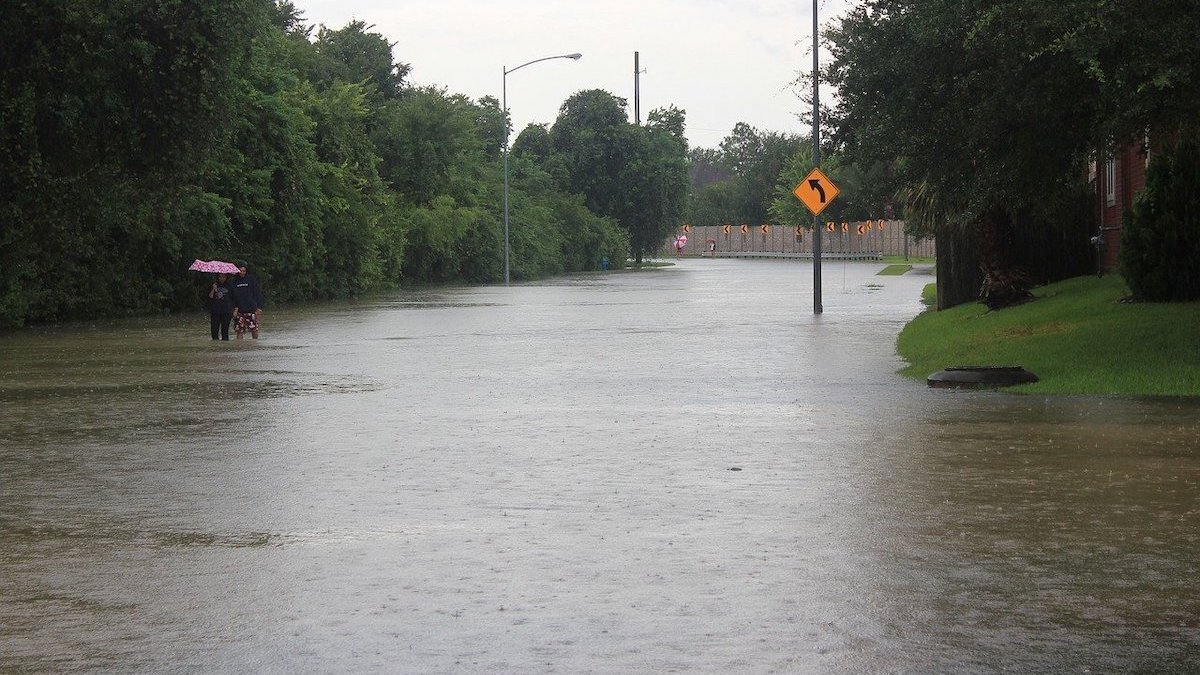The National Oceanic and Atmospheric Administration (NOAA) recently forecasted an above-average Atlantic hurricane season this year, according to a press report.
Between June and November, NOAA expects up to 20 named storms to form in the Atlantic. Approximately 10 of these storms may develop into hurricanes with maximum winds of at least 74 mph.
"Don’t get caught flat-footed. Make a plan. Build a kit. Stay informed. Get flood insurance," Harris County Judge Lina Hidalgo warned in a tweet.
While there is a 60% chance of an above-normal Atlantic hurricane season for this year, NOAA predicts it will be less active than last year's, which set a new record with 30 named storms.
"Based on our current data and analysis, we do not expect a 2021 hurricane season to be as active as 2020," Matthew Rosencrans, a lead seasonal hurricane forecaster at NOAA's Climate Prediction Center said. "However, we do update our seasonal outlook in August, as we do each year before we move into the peak of the hurricane season."
Additionally, Rosencrans attributes the increased number of named storms to improved technology for storm detection rather than to the effects of climate change.
"Climate change does not have a direct impact on the number of named storms, according to the latest research," Rosencrans said. "Most of the increase in storms is really a reflection of the better technology to detect the storms."
Subtropical Storm Ana, this season's first named tropical storm, formed early on May 22, marking the seventh consecutive year that at least one named storm formed prior to the traditional start of the Atlantic hurricane season on June 1, according to a press report.
Ana is also unusual in that it formed in a region of the Atlantic where tropical storms do not normally develop in May, causing the National Hurricane Center to move its storm tracking to a different region in the Gulf of Mexico.
Storms normally develop within the eastern Gulf of Mexico, the western Caribbean Sea, or close to United States' southeast coast in May, according to NOAA.

